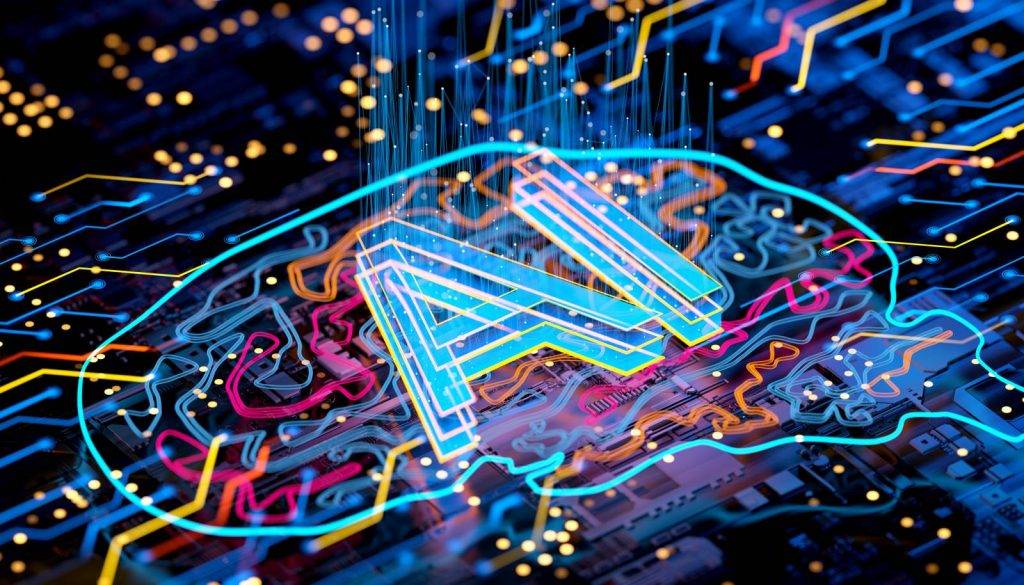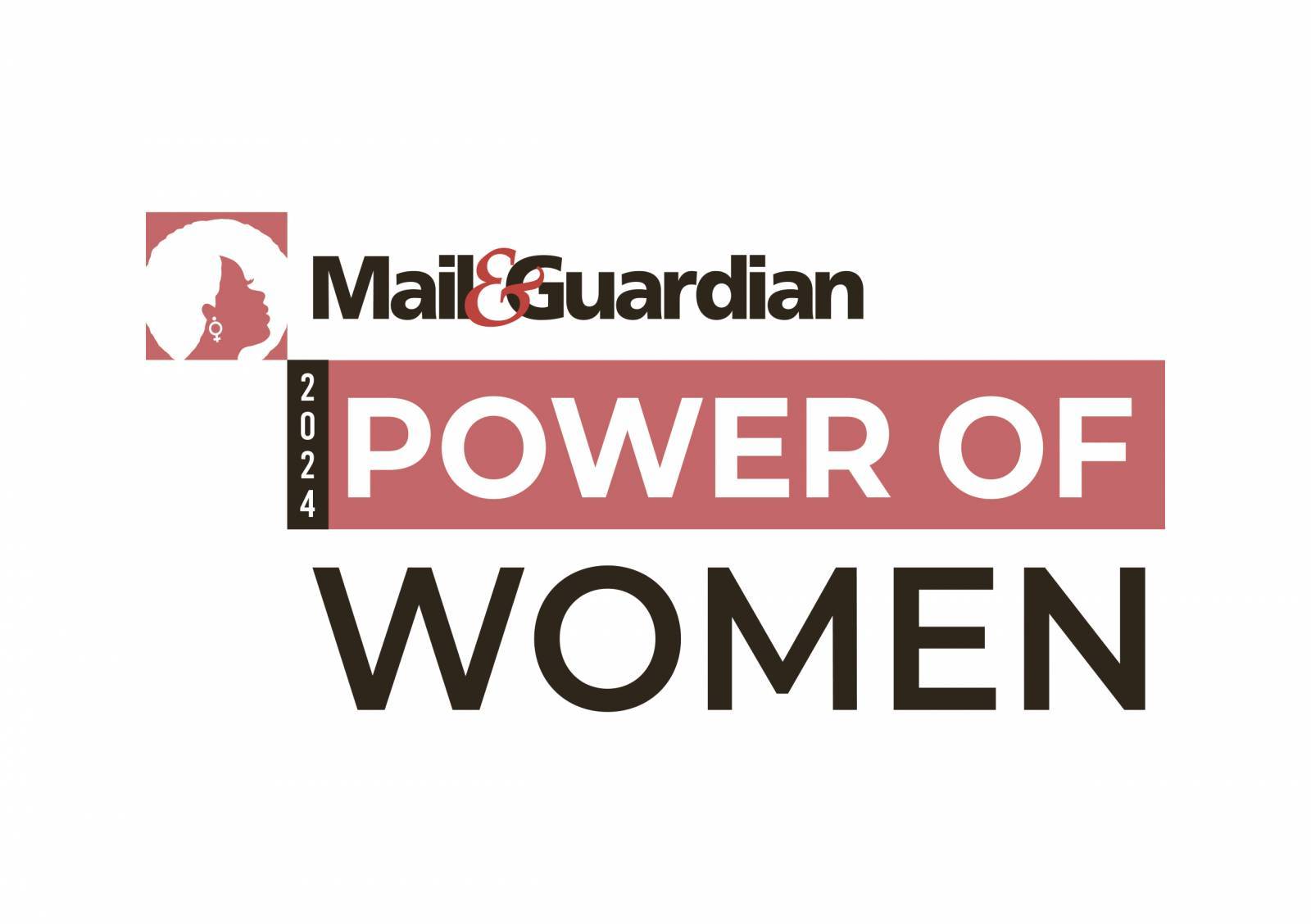
The idea that artificial intelligence (AI) is a revolutionary force poised to deliver prosperity for all is a mirage. As Martin Hart-Landsberg’s recent critique suggests, AI has not lived up to the utopian promises sold by Big Tech.
Although these companies portray AI as a tool that will unlock boundless economic growth and opportunity, the reality in South Africa tells a different story — one of exploitation, exclusion and deepening inequalities. Instead of catalysing progress, AI is increasingly entrenching racial capitalism and worsening socio-economic disparities, all while tech giants reap huge profits at the expense of vulnerable people.
The financial sector provides a stark example of AI’s failures. The rapid integration of AI in banking and lending has not democratised access to credit but has instead intensified predatory lending practices. In South Africa, algorithm-driven loan approvals often rely on data that reflects historical inequalities. This means that black working-class people, already burdened by financial exclusion, are subjected to higher interest rates and unfavourable lending conditions. For instance, some lenders have been found to charge interest rates ranging from 50% to 112%, far exceeding the legal maximum. Algorithms designed in distant boardrooms fail to account for the lived realities of South Africans, reinforcing a system where the poor pay more for essential financial services.
One glaring case is the role of AI in payday loans. Digital lenders have leveraged AI to automate microloans, often preying on low-income earners desperate for financial relief. These AI-powered platforms claim to provide quick and easy credit, but in reality, they trap borrowers in cycles of debt with exorbitant interest rates. The infamous cases of EasyPay and Finclusion illustrate how AI-driven lending ignores the socio-economic struggles of most South Africans while ensuring huge profits for financial institutions. The very tool marketed as a means to expand financial inclusion has, instead, deepened economic insecurity.
Proponents of AI argue that it will boost productivity and create new opportunities, but this has not materialised for the South African workforce. Automation, driven by AI, is threatening jobs in sectors that historically provided employment for low-skilled and semi-skilled workers. Studies indicate that sectors like retail could lose about 334,000 jobs to automation by 2030.
In retail, AI-powered self-checkout systems are replacing cashiers, while in call centres, chatbots are taking over customer service roles. The South African Post Office, already struggling with financial mismanagement, recently announced layoffs, citing AI-driven efficiencies as part of its restructuring plans. What is hailed as “progress” for corporations translates to mass job losses and rising unemployment for workers.
This displacement is exacerbating the already dire unemployment crisis, which sits at more than 30%, one of the highest rates globally. Instead of AI complementing human labour, it is eroding employment opportunities, disproportionately affecting black and working-class South Africans who lack access to retraining and alternative employment pathways.
AI’s failures are not limited to economic exploitation — they also extend to governance and law enforcement. In South Africa, the government has flirted with AI-driven surveillance and predictive policing as a means to combat crime. But these technologies have consistently shown biases against marginalised communities. AI-driven facial recognition software used in some parts of Gauteng has proven to misidentify black individuals at disproportionately high rates, reinforcing racial profiling and deepening distrust between people and law enforcement.
The failures of AI in policing are not just theoretical. In Johannesburg, the implementation of the Vumacam Safe City system, which uses AI-powered surveillance, has raised significant concerns about privacy violations and potential biases. Critics argue that such systems could lead to the erosion of privacy and civil liberties, particularly affecting marginalised groups. These systems often misinterpret routine activities as suspicious behaviour when occurring in townships, leading to increased harassment of black residents. Instead of improving public safety, AI-powered policing is exacerbating systemic inequalities, much like the apartheid-era surveillance systems that targeted black communities.
Another overlooked consequence of AI expansion is its effect on South Africa’s energy crisis. AI models, particularly large-scale systems developed by international tech firms, require vast computational power, which in turn consumes enormous amounts of electricity. Given South Africa’s ongoing energy shortages and rolling blackouts, AI’s insatiable demand for power only worsens the crisis. Companies like Microsoft and Amazon have established data centres in Johannesburg and Cape Town, exacerbating energy inequality while primarily serving international corporations rather than people. The growth of data centres could, therefore, lead to considerable strain on local power networks, exacerbated by the huge mismatch between rapid data centre expansion and the slower pace of grid development.
Moreover, AI relies on extensive data collection, much of which is extracted without users’ informed consent. South Africa is witnessing a new form of digital colonialism, where global AI firms harvest local data to refine their models while offering little in return to the people whose information fuels these systems. This mirrors historical patterns of resource extraction, where Africa’s wealth was plundered to benefit foreign powers.
Hart-Landsberg rightly argues that we must resist the unchecked expansion of AI, but the fight must be contextualised within South Africa’s ongoing struggles against racial capitalism and technological exclusion. AI is not neutral — it is embedded in socio-political systems that prioritise profit over people. To challenge this trajectory, we need policies that centre human agency over automation, ensure transparency in AI decision-making, and empower people to have a say in how these technologies are implemented.
Regulation alone is not enough. South Africa needs a grassroots movement that demands AI systems serve the public good rather than corporate interests. This means prioritising ethical AI development, ensuring public ownership of key technological infrastructure, and resisting the neoliberal push to privatise digital governance.
As South Africa continues to grapple with inequality and economic exclusion, we must ask: is AI a tool for empowerment or just another mechanism of control? Until AI development is aligned with human needs rather than capitalist expansion, the answer remains clear — it is a mirage, a false promise that only benefits the few at the expense of the many.
Thabo Motshweni is a PhD candidate at the University of Johannesburg, Department of Sociology, and a research intern at the Centre for Social Change and Centre for Sociological Research and Practice.





